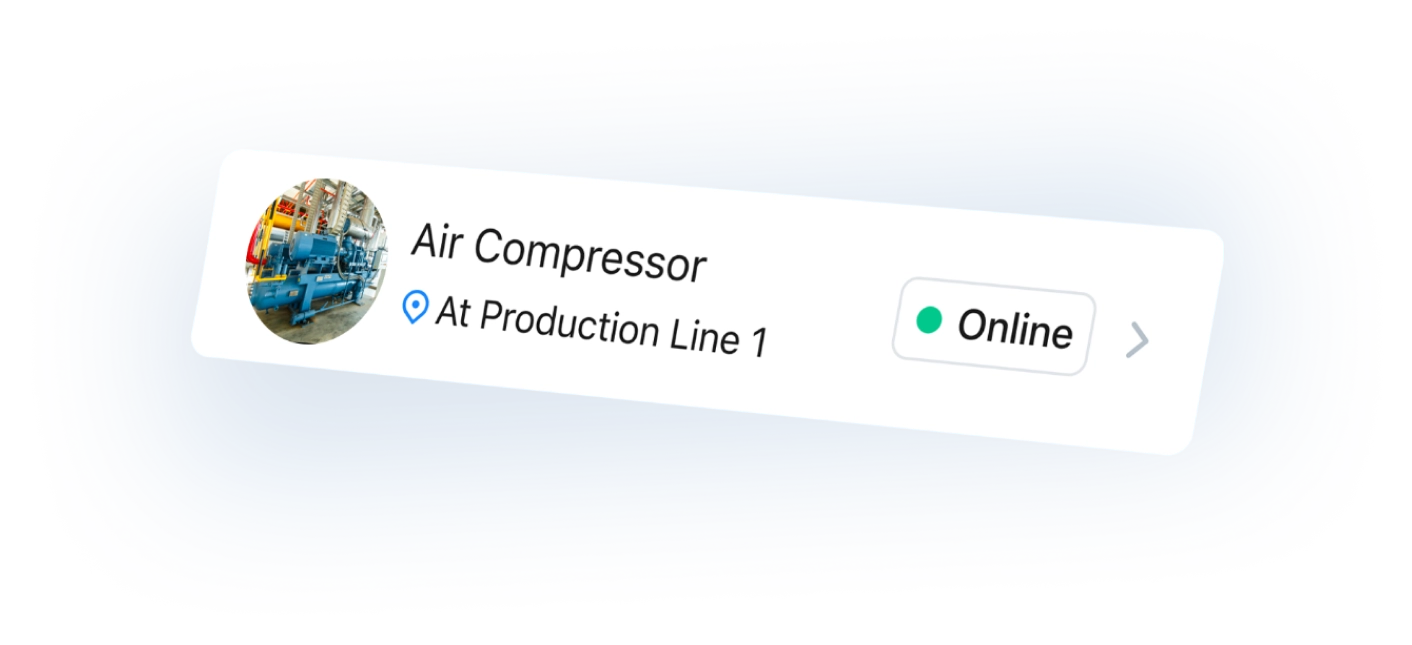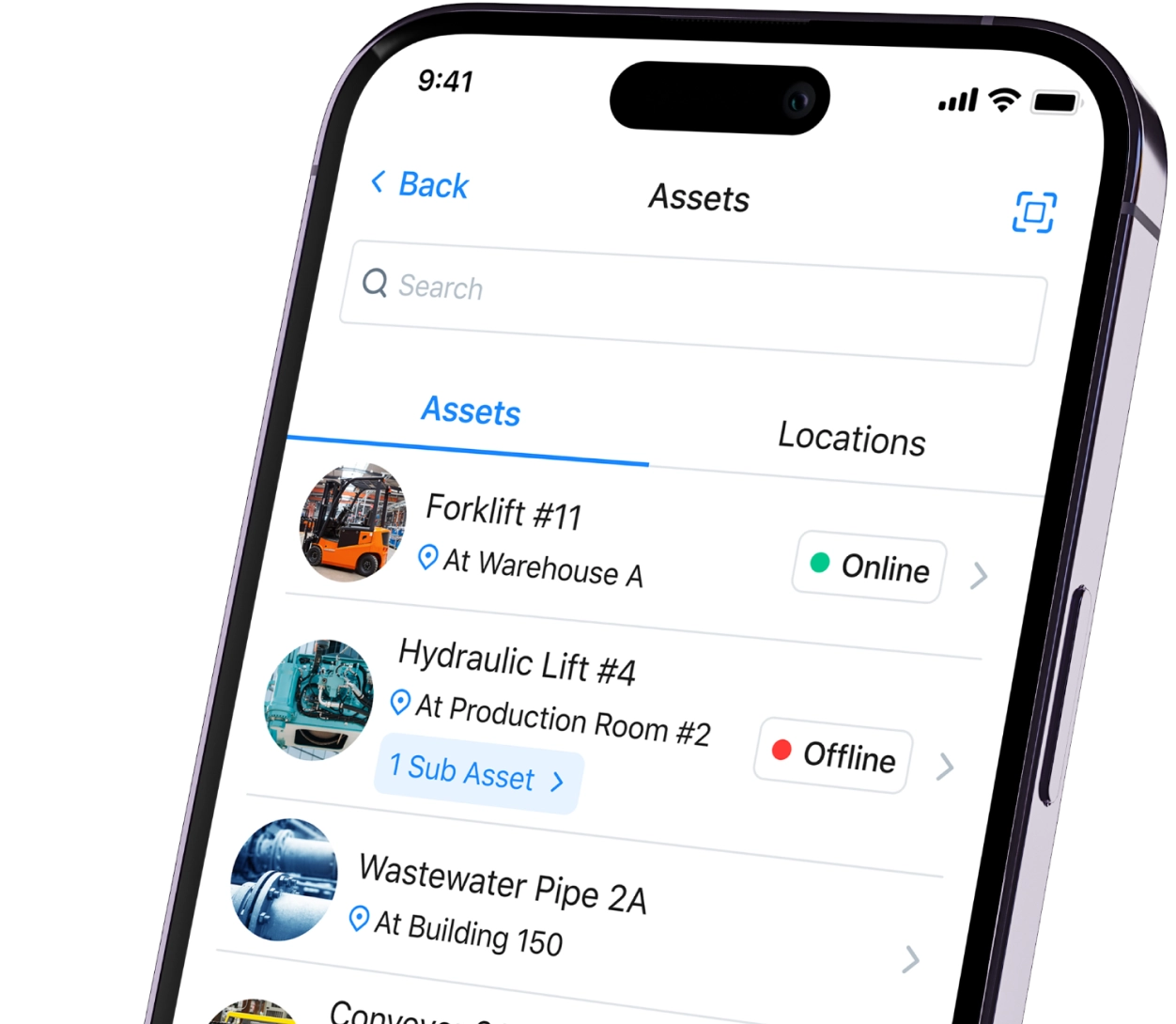Maintenance coordinators are responsible for overseeing maintenance activities, stocking inventory, and providing administrative support to maintenance supervisors and technicians. Additionally, maintenance coordinators manage third-party contractors such as plumbers and electricians to accomplish maintenance tasks.
What Does a Maintenance Coordinator Do?
The duties of a maintenance coordinator vary depending on the type of organization. But their scope of work generally includes the following:
- Create and manage work orders
- Communicate with other departments and clients on scheduled maintenance activities
- Oversee maintenance supplies inventory
- Outsource and manage third-party contractors and vendors to accomplish specialized maintenance tasks
- Manage day-to-day maintenance activities such as performing lawn care services, changing light bulbs and HVAC filters, and cleaning spills.
- Assign work orders to maintenance technicians
- Develop and implement maintenance plans for the organization
- Ensure organization complies with quality control standards
- Purchase equipment replacement parts when required
- Ensure maintenance logs for different types of machinery are updated
- Establish and implement protocols for maintaining non-mechanical pieces of equipment
- Perform regular inspections to ensure all assets are in good working order
- Assess maintenance procedures and recommend areas of improvement
In some instances, maintenance coordinators train and guide new maintenance staff. Key performance indicators for maintenance coordinators include work order response time, customer satisfaction ratings, and maintenance budget management.
Maintenance Coordinator Skills
Maintenance coordinators mostly play administrative and supervisory roles. They need many skills to discharge their duties effectively. Some of the most important skills for a maintenance coordinator are:
- Ability to prioritize and delegate workloads
- Leadership skills
- Organizational skills
- Ability to work within a budget
- Physical strength and good hand-eye coordination
- Negotiation skills
- Exceptional customer service and communication skills
- Critical thinking and problem-solving skills
- Analytical skills
Maintenance coordinators should also have industry-specific skills, such as repairing automotive machinery and HVAC systems. They should have a working knowledge of basic mechanical and electrical concepts depending on the type of organization they work for.
As they work with a diverse team of people within and outside an organization, they should have excellent interpersonal skills. Proficiency in CMMS software is an advantage for maintenance coordinators considering that 61 percent of organizations rely on CMMS systems for maintenance.
Organizations That Hire Maintenance Coordinators
Residential facilities, manufacturing plants, and commercial buildings hire maintenance coordinators to manage their maintenance needs. While specific duties depend on the industry and type of employer, they undertake almost similar responsibilities. They help to minimize maintenance costs by negotiating contracts with vendors and third-party service providers. Within the organization, maintenance coordinators provide administrative and supervisory support to maintenance supervisors and technicians.
In small organizations, maintenance coordinators play the role of maintenance supervisor and ensure that maintenance activities are completed as scheduled. In larger organizations, they focus on organizational and administrative duties while maintenance supervisors plan work orders and manage maintenance technicians. Maintenance coordinators help organizations develop and implement proactive maintenance strategies.
Types of Maintenance Coordinators
As mentioned, the specific responsibilities of a maintenance coordinator depend on the employer. Maintenance coordinators can be categorized depending on their industry. The most common types of maintenance coordinators include:
- Plant Maintenance Coordinators: This category of maintenance coordinators works in manufacturing plants. They support maintenance supervisors and technicians to ensure that critical pieces of equipment such as pulleys, electrical systems, and conveyor belts are in good working order.
- Facilities Maintenance Coordinators: Facilities maintenance coordinators ensure that engineering work orders and minor maintenance activities are completed efficiently and as scheduled. They provide administrative support to maintenance supervisors besides other facilities maintenance personnel.
- Building Maintenance Coordinators: They work in residential and commercial buildings to provide administrative support to maintenance supervisors. Building maintenance coordinators manage maintenance supplies inventory and negotiate contracts with third-party service providers too.
- Public Works Maintenance Coordinators: They are employed by government institutions such as municipalities to organize and schedule maintenance on public facilities. They oversee public works maintenance staff and assign them work orders appropriately. Besides government buildings, public works maintenance coordinators also oversee street service and park maintenance.
Maintenance Coordinator Job Outlook
Pay depends on several factors, such as level of education, experience, job description, and location. Some cities such as Dallas, Baton Rouge, Columbus, and Houston pay much higher than the national average. In other cities, such as Los Angeles, Chicago, and Atlanta, maintenance coordinators earn much lower than the national average.
The U.S. Bureau of Labor Statistics (BLS) doesn’t report the job outlook for maintenance coordinators. However, they give projections for administrative services managers, a similar position. The bureau projects the sector to grow 6 percent by 2029. According to BLS, there will be an average of 26,300 new openings for administrative services managers per year for the next decade. Managers who have a working knowledge of management software will have better prospects of employment.
Certifications and Training
Maintenance coordinators are required to have at least a high school diploma and entry-level experience for the job. In some states and localities, they may be required to be licensed too. Additionally, several certification and training programs can help maintenance coordinators advance their careers. Some of the most common certification programs available include:
- Certified Maintenance Coordinator (CMC): The CMC certification is offered by the National Association of Residential Property Managers (NARPM) and includes coursework and an exam. It equips maintenance coordinators with skills in basic maintenance, ethics, and lead paint laws.
- Certified Administrative Assistant (CAA): Offered by the National Career Certification Board, the CAA certification is an exam-based program suitable for maintenance coordinators who play administrative roles. It tests competence in communication, organizational, and administrative skills. Practice exams help candidates prepare for the certification exam.
- Certified Public Works Professional: This program offered by the American Public Works Association (APWA) is suitable for public works maintenance coordinators. It’s an exam-based program with different levels of certifications, including CPWP-S and CPWP-M designations for supervisors and managers, respectively.
Other certification programs that are helpful to a maintenance coordinator include Certified Maintenance & Reliability Technician (CMRT) and Certified Maintenance & Reliability Professional (CMRP). The Society offers both certifications for Maintenance & Reliability Professionals (SMRP). The International Maintenance Institute (IMI) also has certification and training programs for maintenance personnel.
FAQ: Maintenance Coordinator
What Tools Does a Maintenance Coordinator Need?
Maintenance coordinators rely on a wide range of tools to discharge their duties. Some of the most common tools used by maintenance coordinators include landscaping tools, basic hand tools such as hammers and screwdrivers, and CMMS software.
What Are the Most Important Skills for a Maintenance Coordinator?
The most important skills for a maintenance coordinator include leadership, organizational, communication, and problem-solving skills. They should be able to work with a diverse group of people and provide leadership to maintenance teams. Maintenance coordinators should also be proficient in CMMS software.
We recommend MaintainX Work Order Management Software.

Caroline Eisner
Caroline Eisner is a writer and editor with experience across the profit and nonprofit sectors, government, education, and financial organizations. She has held leadership positions in K16 institutions and has led large-scale digital projects, interactive websites, and a business writing consultancy.
See MaintainX in action


